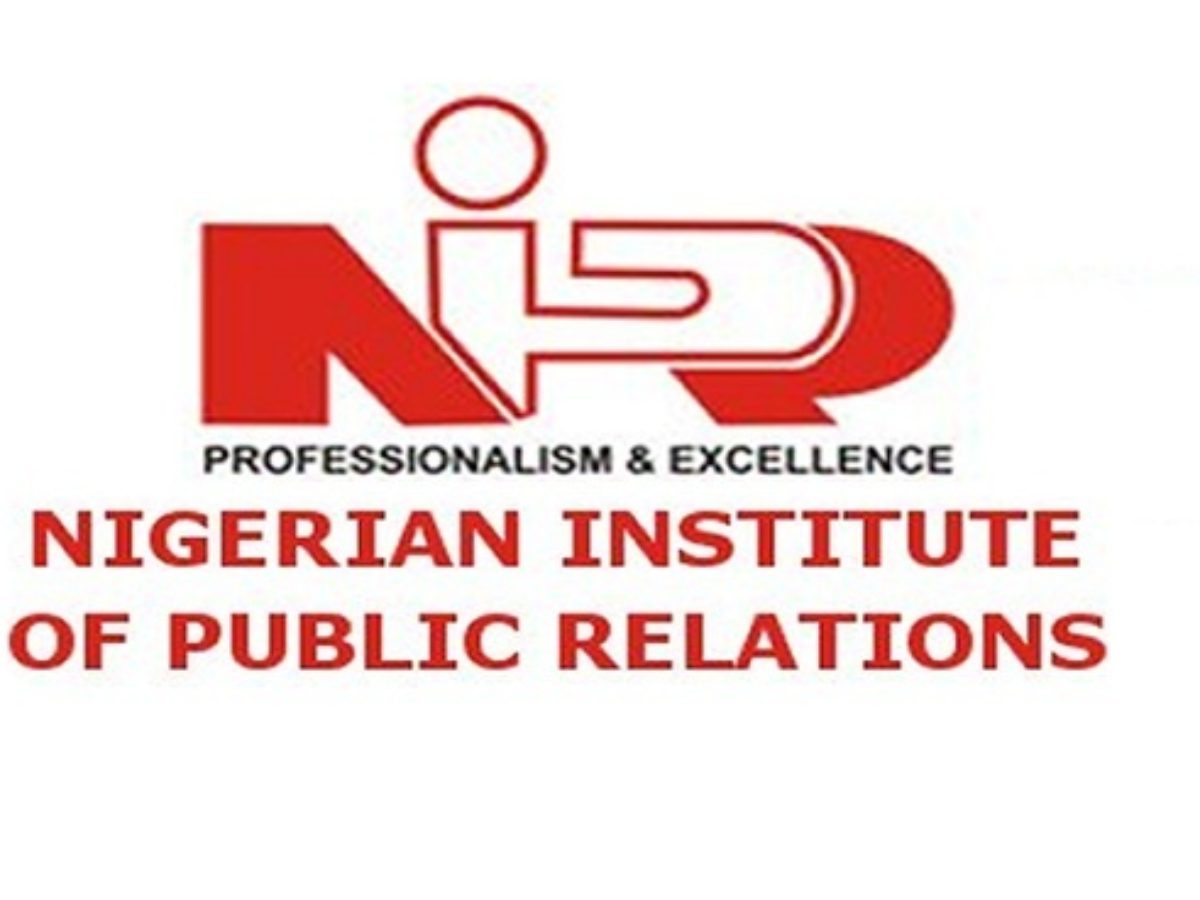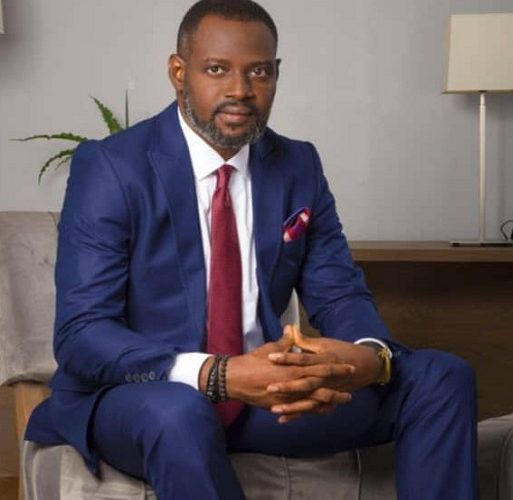By Felicia Nwosu
Nigerian public relations professionals are working tirelessly to redefine and elevate the sector despite ongoing challenges.
These experts are determined to reshape public relations in Nigeria, ensuring its value is understood within the industry and across broader business communities.
Traditionally, PR in Nigeria has been narrowly viewed as a tool for media relations, press releases, and publicity. However, leading professionals are shifting this perception, focusing on showcasing the discipline’s broader capabilities as a strategic driver of business growth and relationship-building.
A central focus of this transformation is addressing the misconception that PR is solely about media coverage.
Top Nigerian PR professionals emphasize that PR extends beyond media placements, managing reputations, building stakeholder trust, and aligning organizations with public expectations.
By highlighting the long-term value of relationships and strategic communication, these professionals are demonstrating that PR plays a crucial role in sustaining business success.
Nkechi Ali-Balogun, Principal Consultant at NECCI CONSULTING, has been a strong advocate for positioning PR as a more strategic discipline.
As a recognized leader in Nigeria’s PR industry, she has worked to illustrate how PR is essential to corporate strategy, influencing organizational culture and brand equity.
Ali-Balogun has pushed for the industry to move beyond the traditional focus on media relations and embrace the broader potential of PR, positioning it as a core component of any successful business strategy.
However, one significant challenge remains the rise of unqualified practitioners or “quacks.” These individuals undermine the professionalism of the industry by offering substandard services and tarnishing the reputation of the PR profession.
In response, experts are calling for greater regulation and higher standards of practice. Ali-Balogun has been outspoken about the need for stricter criteria to ensure only qualified professionals represent the industry.
She explained that tackling quackery is a key step toward raising the credibility of PR and restoring its reputation as a respected profession.
“Technology and digital media have also reshaped the PR landscape. Nigerian professionals are embracing digital platforms, social media, and automation tools that present new opportunities and challenges.”
She stressed that the human touch remains essential for effective communication.
Leading professionals argue that technology should complement, not replace, interpersonal PR efforts. By striking a balance between digital tools and human-driven engagement, Nigerian PR experts are adapting to an ever-changing media environment while maintaining the core values of the profession.
As the global PR market grows, Nigeria’s public relations sector is also expanding, with local professionals pushing for greater international recognition. Nigerian PR firms are positioning themselves as innovative leaders, showcasing their ability to execute world-class strategies. These professionals aim to demonstrate that the work being done in Nigeria is cutting-edge and capable of driving both local and international success.
Yomi Olaniwun, CEO of Bold Brand Buzz, advocates for PR agencies to move beyond traditional media placements and focus on strategy-driven campaigns that resonate with today’s consumers.
Olaniwun emphasizes creativity, storytelling, and measurement in delivering results that engage audiences.
” By adapting to new dynamics, Nigerian PR professionals are proving that the profession is about more than just publicity, it’s about crafting compelling narratives that influence public opinion and drive business success.”
Yomi Badejo-Okusanya (YBO), Lead Partner at CMC Connect LLP (Perception Consulting), has also been a significant advocate for the transformation of PR in Nigeria.
As a thought leader, YBO has championed the importance of professional ethics and transparency within the industry. He stresses the need for Nigerian PR professionals to adopt international best practices while retaining local insights.
He believes that by embracing global standards, Nigerian PR practitioners can ensure their work is recognized globally while fostering stronger local practices.
Badejo-Okusanya has also
highlighted the growing influence of influencer marketing and its implications for the PR industry. He pointed out how influencer marketing is gradually taking over PR’s traditional role, with influencers now encroaching on “PR’s lunch,” a metaphor for losing PR’s exclusive space in strategic communication. While influencers are valuable in amplifying messages, he emphasized that PR is a holistic, strategic discipline that goes beyond short-term tactics.
He argued that influencers should be part of the PR toolkit, not replace it entirely.
“Influencer marketing, lacks the long-term commitment and strategic input that PR provides. This shift toward influencer-led campaigns has introduced new dynamics. Influencers, often paid upfront, lack the long-term strategic input that PR professionals offer.
Influencers should be part of the PR toolkit, not the entire strategy,”
The Lead Partner at CMC Connect LLP criticized this trend, emphasizing how it undervalues the broader role of PR in a marketing strategy, urging brands to integrate influencers into comprehensive communication plans.
“The rise of influencer marketing also coincides with a broader challenge facing the PR industry: the devaluation of its expertise. PR professionals are often sidelined in decision-making processes, with limited budgets allocated to their departments. As a result, PR is sometimes seen as an afterthought, relegated to the end of marketing budget discussions, while influencers receive immediate attention and funds.”
Israel Jaiye Opayemi, President of the Public Relations Consultancy Association of Nigeria (PRCAN) and Managing Director/Chief Strategist of Chain Reactions Nigeria, called for concrete data science in PR practice at the 7th Lagos Digital PR Summit. Opayemi stressed that data should be analyzed meaningfully to demonstrate the capabilities of professional PR efforts.
He also credited the Advertising Regulatory Council of Nigeria (ARCON) for establishing the Advertising Industry Standards of Practice (AISOP) and advocated for similar regulatory reforms within the PR sector.
Omawumi Ogbe, Managing Partner at GLG Communications, highlighted how PR is a strategic tool capable of creating sustainable solutions.
Ogbe pointed out that PR helps brands build strong corporate identities and foster consumer relationships, ensuring strategic positioning. She noted that PR played a critical role during the pandemic, helping brands connect with audiences through timely and effective communication.
She expressed confidence that Nigerian PR professionals can compete on the global stage and emphasized the need for clearer expectations between PR professionals and clients to prevent misunderstandings.
The president of the Life Coaches Association of Nigeria (LCAN) agreed that PR is no longer a “nice-to-have” tool but a “must-have” in business.
She highlighted the need for collaboration and emphasized the importance of listening closely to clients to understand their needs and tailor strategies accordingly.
Through education, advocacy, and innovation, Nigerian PR professionals are redefining the sector. They are repositioning public relations as a vital strategic function that drives business success, manages reputations, and builds lasting relationships. As the sector continues to evolve, these professionals are ensuring that PR’s influence grows, both locally and globally.






Comment
No comments found.